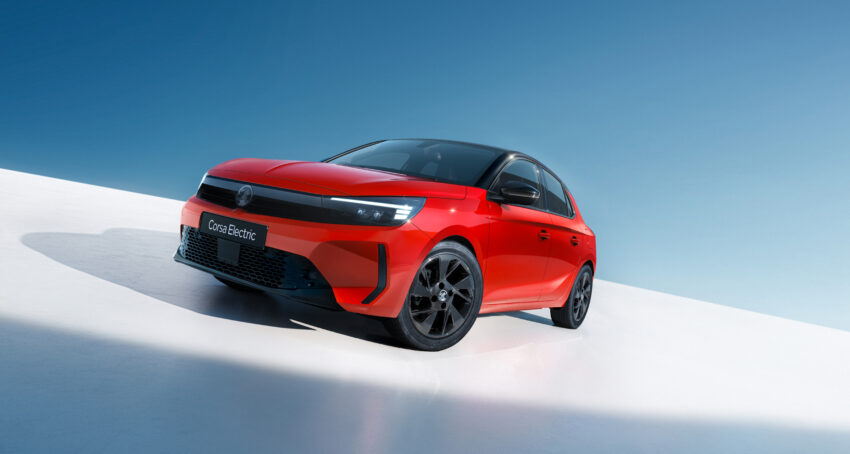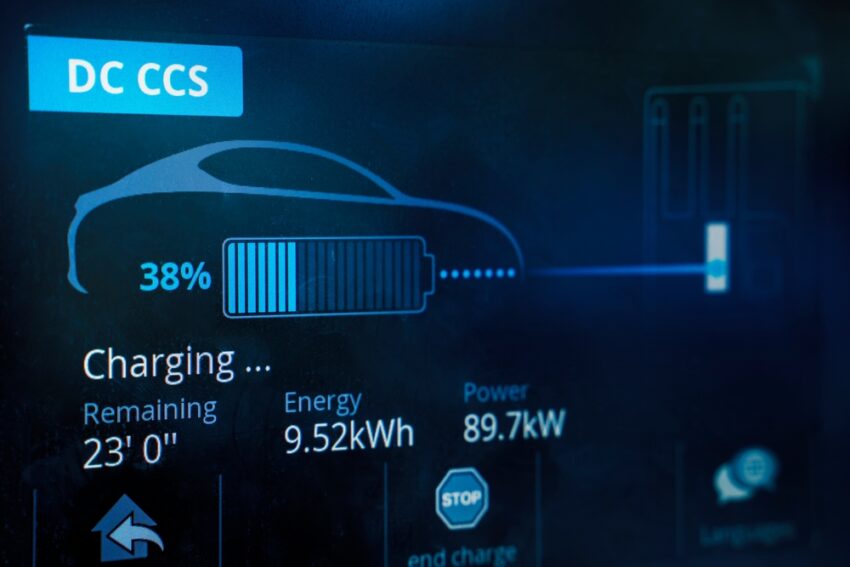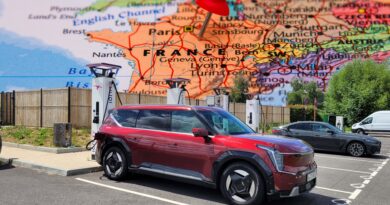EV efficiency: What does kWh mean and how to calculate an electric car’s economy
Electric cars are becoming more and more common on the UK’s roads, bringing new driving experiences and new terms and concepts for drivers to get to grips with.
One of the most important of these is energy efficiency. We’re all familiar with the miles-per-gallon measure of a petrol or diesel car, but new research shows that almost two thirds of drivers don’t understand the energy efficiency of an EV, and three quarters are in the dark about how to calculate it.
A petrol or diesel car’s fuel efficiency is measured in MPG, but there are a confusing array of different ways of presenting an EV’s energy efficiency – from Wh/mile to kWh/100km.
In the UK, however, we seem to have settled on miles per kWh (m/kWh), which is the closest equivalent to the old MPG. But what does that mean?
Iain Reid, head of editorial at Carwow, explains: “In the UK, we measure the range efficiency of EVs by using miles per kWh because the amount of electrical power stored in the cells is measured in kilowatt hours – or kWh for short. More efficient EVs will go further on each kWh, in the same way that an economical petrol or diesel car will go further on a gallon of fuel.”
It’s important to understand both your car’s battery capacity, which is measured in kWh, and its efficiency in miles/kWh as these numbers will tell you how far your car will get on a full charge and how long a full charge will take at different speeds.
How can I calculate an EV’s miles/kWh?
If you look at the specification of any electric car, it will tell you the car’s battery size in kWh.For example, a Vauxhall Corsa Electric will have a 48kWh pack, while a larger SUV like a BMW iX can house a much larger 105kWh battery. Manufacturers will sometimes give two figures – gross and net. The net or usable capacity reflects the fact that car makers keep some of the battery power in reserve to protect the cells; it’s important to make sure this is the figure you use for fuel efficiency calculation rather than the ‘gross’ number.

A car’s specifications will also include an official range figure, obtained under the standard WLTP (World Harmonised Light Vehicle Test Procedure) process. If there is more than one listed, then look for the ‘combined’ figure. If you divide the combined range figure by the usable (net) battery size, you’ll get the mile/kWh for your vehicle.
What is considered ‘good’ miles/kWh?
Reid comments: “EVs are becoming more efficient as battery technology improves, which means miles/kWh figures are climbing upwards all the time. Lighter EVs are able to squeeze more miles out of each kWh as their motors don’t have to work as hard. However, bigger EVs tend to have more batteries which is why they offer longer ranges.”
The most efficient car in Carwow’s listings is currently the Tesla Model 3, with an official figure of 5.08 miles/kWh. This compares with 4.59 miles/kWh for the much smaller and lighter Fiat 500e, for example. Most new electric cars will have a figure of more than 4 miles/kWh, while older, heavier SUVs such as a Mercedes EQC will only manage 2.89.
These figures are all obtained under an EV-specific WLTP testing process but, like the WLTP figures for petrol or diesel fuel economy, they aren’t always entirely accurate. They will give a good indication of how one EV compares with another, but expect the real-world efficiency to be lower and the range to be shorter than the quoted ‘official’ figure.
Which leads us onto another important question for any existing or prospective EV driver.
How can you improve an EV’s miles/kWh?
According to Reid, the biggest way to make a difference in your car’s efficiency is to moderate the way you drive an EV. “Harsh acceleration and braking affect the battery range, so try to be smoother and anticipate the road ahead,” he explains. “Also, choose the regenerative braking programme so the energy you use is not wasted when you slow down.
“For longer journeys, try choosing a more economical route. Navigation apps like Google Maps offer an ‘Eco’ option which may take a few minutes longer but will be shorter routes and driving at lower speeds. The extra time could well be offset by not having to stop for a top up charge.”
Reid concludes: “There are some amazing deals to be found on EVs at the moment and people looking to switch to EVs could definitely find bargains, particularly on used EVs. However, we also know that EV ownership and running an EV is a different experience from petrol or diesel cars, and that includes working out how much range you’re getting from a battery charge. Hopefully our advice helps demystify and clarifies how to calculate your EV range efficiency as part of the ownership experience.”






